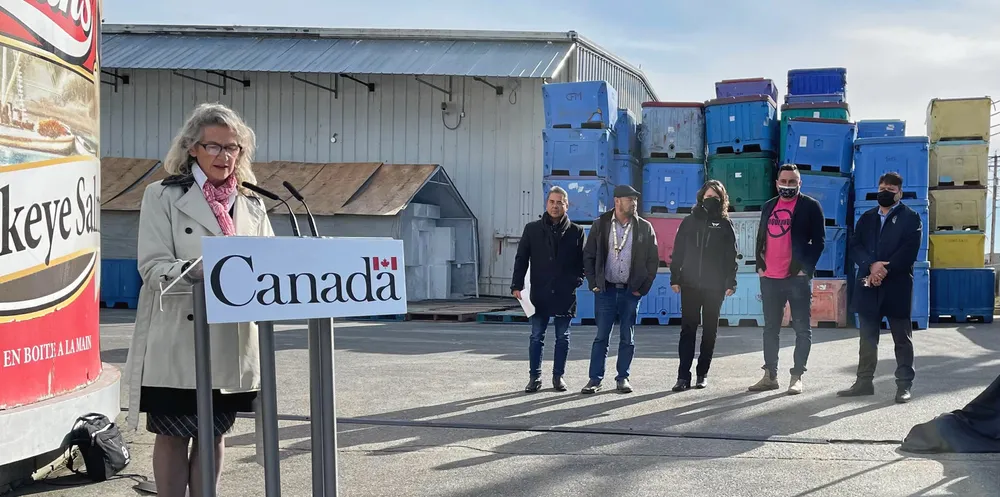Clock is ticking for Canada to appeal court's Discovery Islands salmon farm ruling
Environmental groups and several First Nations stand behind closing Discovery Islands farming by June, but a federal ruling could change that.

Environmental groups and several First Nations stand behind closing Discovery Islands farming by June, but a federal ruling could change that.
